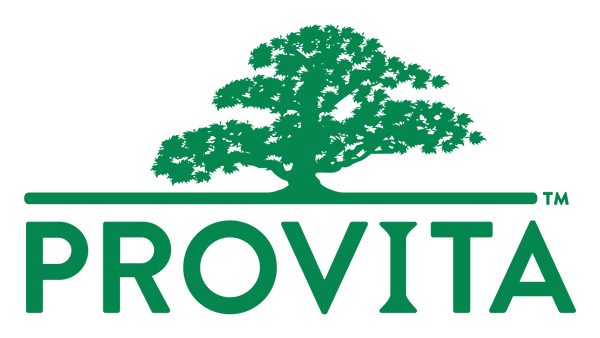If you are a person that suffers from bloating, reflux, gas and or constipation, one of the first areas I think about is how well my patient are digesting their food. There is a lot that goes into digesting food and it important to try and figure out the cause rather then suppressing with an over the counter medication or prescription.
So what goes into digesting foods?
Digestion actually does not begin in the stomach but instead in the mouth. Chewing first grinds food to allow for easier break down while saliva lubricates the food for easier swallowing. Saliva also provides amaylase, a digestive enzyme, to begin the digestion of starch. As food moves down the esophagus, secretions are released that contain lipase to help assist in very minimal fat digestion, Once the food hits the stomach, stomach acid (hydrochloric acid) and pepsinogen are released to helps break down protein rich food. Hydrochloric acid (HCL) has several important roles by maintaining a pH of 1-2 and as a result achieves the following roles
- Killing unwanted parasites, bacteria, and viruses
- Cleaving pepsinogen into pepsin which is responsible for digesting protein into amino acids
- Aid in the digestion of proteins
- Digestive foods containing B12, freeing B12 so it can be combined with intrinsic factors
- To keep minerals such as iron in the reduced form in order to enhance their absorption
- Sufficient secretion of HCL prevents reflux. When we have too little, our lower esophageal sphincter isn’t activated to close and therefore we have reflux!
What happens when we may be deficient in HCL or enzymes?
Several digestive issues can arise when we are deficient in either or both HCL and enzymes. When our food cannot be fully digested we can experience bloating, diarrhea, constipation, reflux to abdominal pain. If you are experiencing any of these symptoms, then one of the first places to look is supporting agents such as HCL and or digestive enzymes.
When looking for supportive treatments, and particularly looking for digestive enzymes, it is important to find digestive enzymes that are not plant-based but bio-dentical to what the human body needs. Provita’s Digestive Enzymes Complex has thoughtfully combined each of the necessary components for digestion – such as HCL, pepsin, ginger to help calm bloating or digestive discomfort, peppermint to sooth and of course digestive enzymes to help aid in digesting starches, dairy and proteins - such as cellulose, lactase and pancreatin.
To help aid in constipation along with digesting fats, it may be necessary to add in support for the liver. The liver's role is not only to process toxic substances but also to synthesize bile, which is stored in the gallbladder. Provita has also formulated the Liver Hepato-Protect which combines herbs that synergistically work together to support liver function and detox such as: milk thistle, artichoke, dandelion, curcumin (from turmeric), and other important nutrients such as glutathione, selenium and alpha lipoic acid.
About the Author
Dr. Taylor Bean is a Naturopathic Doctor and owner of TaylorMade Wellness in Salmon Arm, BC. She began her career working overseas In Singapore for two years, to now 6 years working in Canada, she has been able to blend Eastern and Western approaches from a clinical and cultural perspective. As a mother of two, she has a passion working with pregnant mothers achieve a healthy pregnancy and smooth labor along with working with children to help them thrive.








